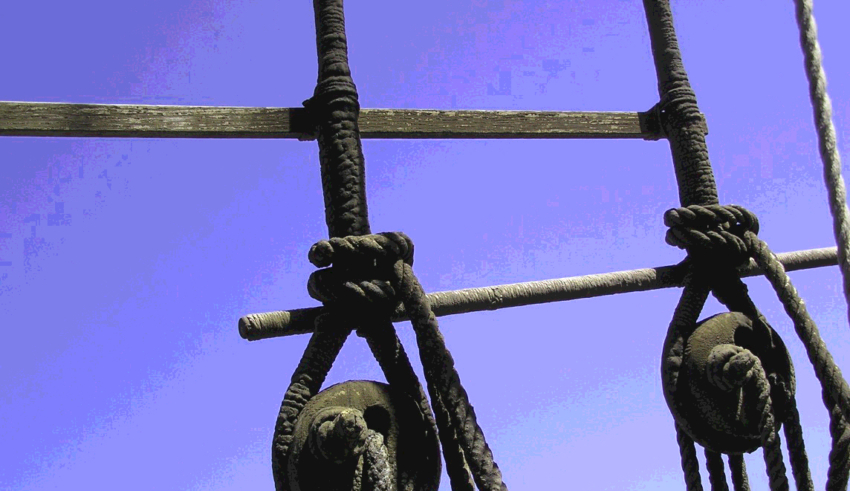
Kevin Weitz, Psy.D. and William Bergquist, Ph.D.
[Note: the content of this essay has been included in a recently published book called The Crises of Expertise and Belief. This paperback book can be purchased by clicking on this link.]
Leadership coaches, consultants, mentors and educators who work to support leaders at all levels and help them become more successful, frequently are confronted by a difficult challenge – a leader who knows it all, has narcissistic tendencies or is “un-coachable” (despite more senior management recommending that the individual receive coaching). Some senior leaders can tend to view help from coaches/consultants as an indication that they have failed in some fashion or are demonstrating weakness if they request help. Particularly those that have been very successful, can develop a mindset that they are experts in everything, and do not need assistance from anyone.
It is evident that the roles of leaders, particularly in a fast-changing world, and the roles of leaders, advisors, experts and that of lay-people is unclear (at least in many environments) leading to distrust, rejection and animosity. There is also the broader challenge that is now found in many societies. This is the widespread disbelief in expertise or at least the lingering skepticism that was precipitated by disparate, changing and often contradictory displays of expertise regarding COVID-19 over the past two years. Many people simply don’t trust either the competence or intentions of those claiming to be experts regarding health (and many other matters).
Finally, there is the challenge inherent in the process of professional coaching itself. Is the coach an “expert”? In what ways should a client look to their coach for expertise? Does the coach offer advice? If so then when is it offered? Is the coach somehow an “expert” on interpersonal relationships, on being honest, on being open, on being supportive, on being appreciative, on being challenging, on offering great questions? Where does a coach’s expertise reside and how should a client become aware of and make use of this expertise without becoming dependent on the coach or devaluing their own wisdom and expertise. After all, at the end of a coaching session or coaching engagement, who should be declared the “expert” and who should take credit for the coaching achievements?
Focus of this Issue
These challenges and questions are large and complex. They can’t easily be addressed in one volume of The Future of Coaching. Therefore, we have taken the step of devoting two issues of The Future of Coaching to this critical topic: “The Crisis of Expertise.” In this first issue, we introduce the challenges of Expertise. We include essays about leaders with narcissistic tendencies and those about hubris, silos and self-fulfilling (and self-sealing) prophesies. Other essays concern the ways in which true experts are under pressure from lay-people (most visible in public discourse on the science behind Covid treatments).
An interview is offered with an experienced leadership and career coach, Curt Mandell. Curt brings practicality to what may appear to be an insurmountable set of challenges. This issue concludes with an essay that moves beyond the challenges of expertise. In this essay, we begin to bridge the gap by addressing some of the constructive responses to the crisis of expertise. How, for example, do leaders, experts and laypeople work together in a more cooperative manner?
Research and viewpoints from “experts” such as Nobel Prize Winner Daniel Kahneman, and consultant Tom Nichols (leveraging his book entitled The Death of Expertise) are extensively referenced in this issue. They also provide guidance for the topics being addressed in the second issue that offer further suggestions based on the work of “experts” such as Barry Johnson (polarity management) and Deborah Stone (counting/public policy). So, stay tuned.
















